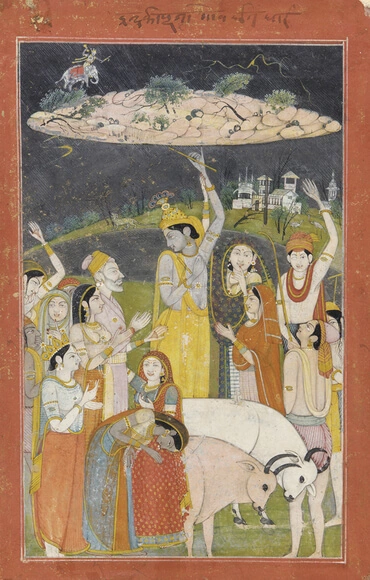โฮเชยา 5:1
Many thanks to Philip Pope for the permission to use his 2003 translation of the English King James Version Bible into Thai. Here's a link to the mission's website: www.thaipope.org
Lift

The idea of "lifting" is used in a number of different ways in the Bible. In general, it means connecting with a higher spiritual state for strength or enlightenment, though as with many verbs the context makes a great deal of difference. One of the most common uses comes as people lift up their eyes, which usually means coming into a state of perceiving what is true from the Lord. Lifting a hand or a rod means wielding power, making it common in the performance of miracles. Lifting the feet means elevating the most natural, external aspects of our day-to-day lives. Lifting objects means elevating them to higher uses, or sometimes just to protect them (Noah's Ark was "lifted up" in this sense). And so forth. In the negative sense, people can lift things up -- towers or other human structures -- representing a deeper state of the love of self.
Arcana Coelestia # 4013
4013. 'Jacob took for himself fresh rods of poplar' means the power proper to natural good. This is clear from the meaning of 'a rod' as power, and from the meaning of 'poplar' as the good of the natural, dealt with below. 'A rod' is referred to in various places in the Word, and in every case it means power, for one reason because of its use by shepherds in the exercise of power over their flocks, and for another because it served to support the body, and existed so to speak for the sake of the right hand - for 'the hand' means power, 878, 3387. And because it had that meaning a rod was also used in ancient times by a king; and the royal emblem was a short rod and also a sceptre. And not only a king used a rod, but also a priest and a prophet did so, in order that he too might denote by means of his rod the power which he possessed, as Aaron and Moses did. This explains why Moses was commanded so many times to stretch out his rod, and on other occasions his hand, when miracles were performed, the reason being that 'a rod' and 'the hand' means Divine power. And it is because 'a rod' means power that the magicians of Egypt likewise used one when performing magical miracles. It is also the reason why at the present day a magician is represented with a rod in his hand.
[2] From all these considerations it may be seen that power is meant by 'rods'. But in the original language the word used for the rod that a shepherd, or else a king, or else a priest or a prophet possessed, is different from that used for the rods which Jacob took. The latter were used by wayfarers and so also by shepherds, as becomes clear from other places, such as Genesis 32:10; Exodus 12:11; 1 Samuel 17:40, 43; Zechariah 11:7, 10. In the present verse, it is true, the rod is not referred to as one supporting the hand but as a stick cut out from a tree, that is to say, from the poplar, hazel, or plane, to be placed in the troughs in front of the flock. Nevertheless the word has the same meaning, for in the internal sense it describes the power of natural good and from that the good that empowers natural truths.
[3] As regards 'the poplar' from which a rod was made, it should be recognized that trees in general mean perceptions and cognitions - perceptions when they have reference to the celestial man, but cognitions when they have reference to the spiritual man, see 103, 2163, 2682, 2722, 2972. This being so, trees specifically mean goods and truths, for it is these that are involved in perceptions and cognitions. Some kinds of trees mean the interior goods and truths which belong to the spiritual man, such as olives and vines, other kinds mean the exterior goods and truths which belong to the natural man, such as the poplar, the hazel, and the plane. And because in ancient times each tree meant some kind of good or truth, the worship which took place in groves accorded with the kinds of trees there, 2722. The poplar referred to here is the white poplar, so called from the whiteness from which it gets its name. Consequently 'poplar' means good which was a product of truth, or what amounts to the same, the good of truth, as also in Hosea 4:13, though in this instance the good has been falsified.






